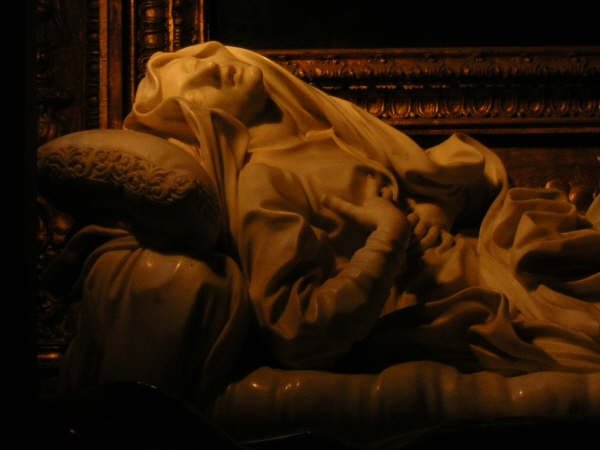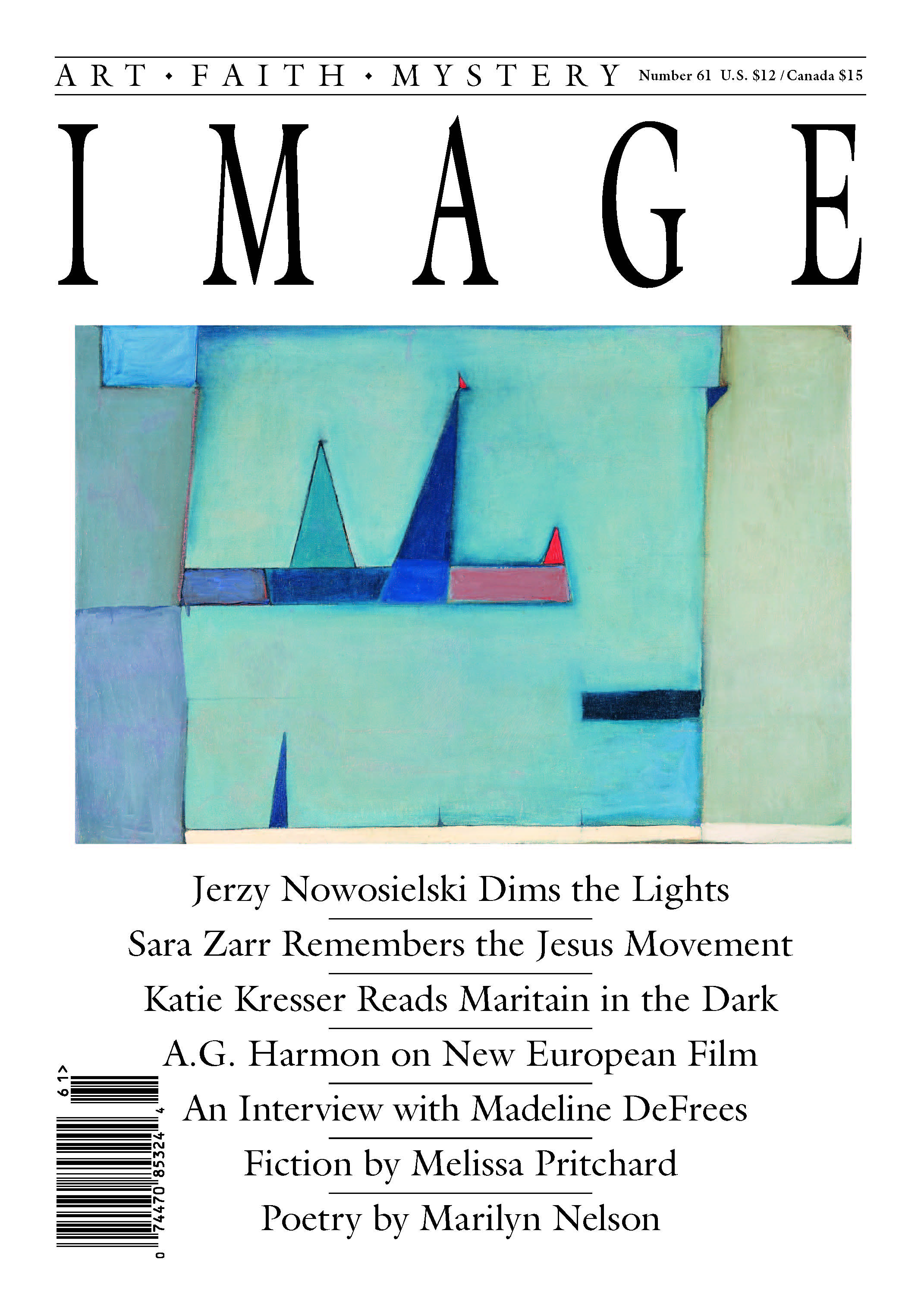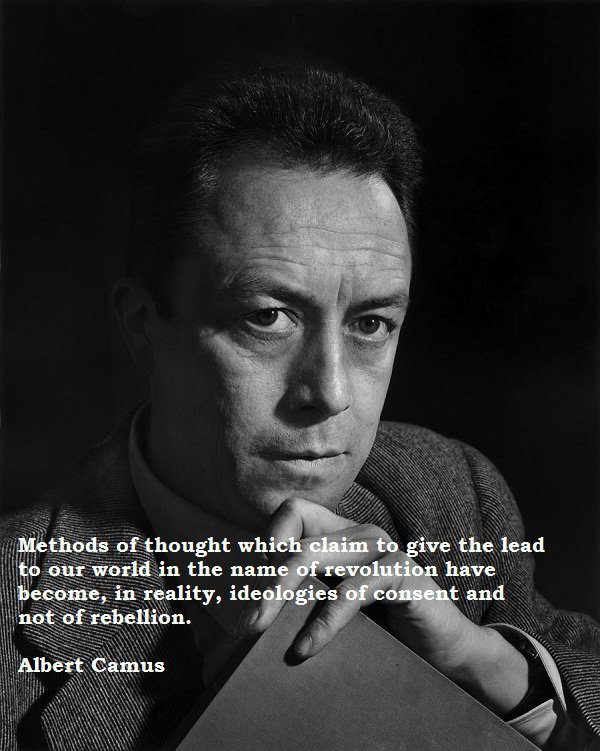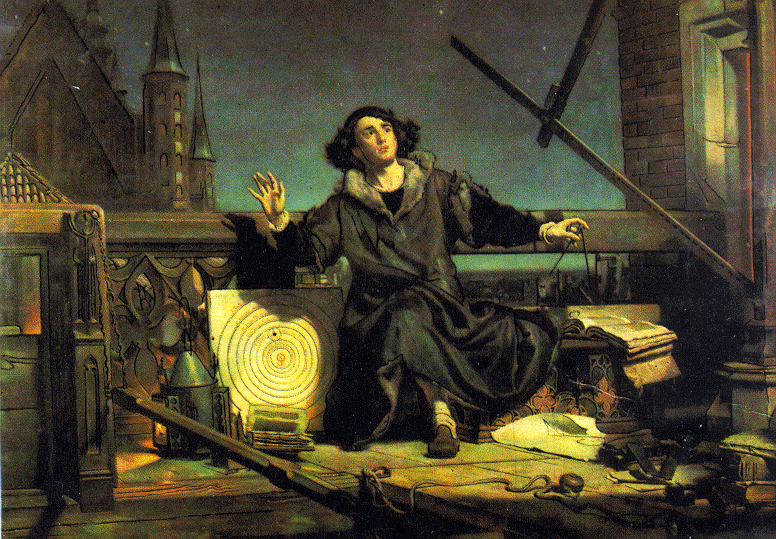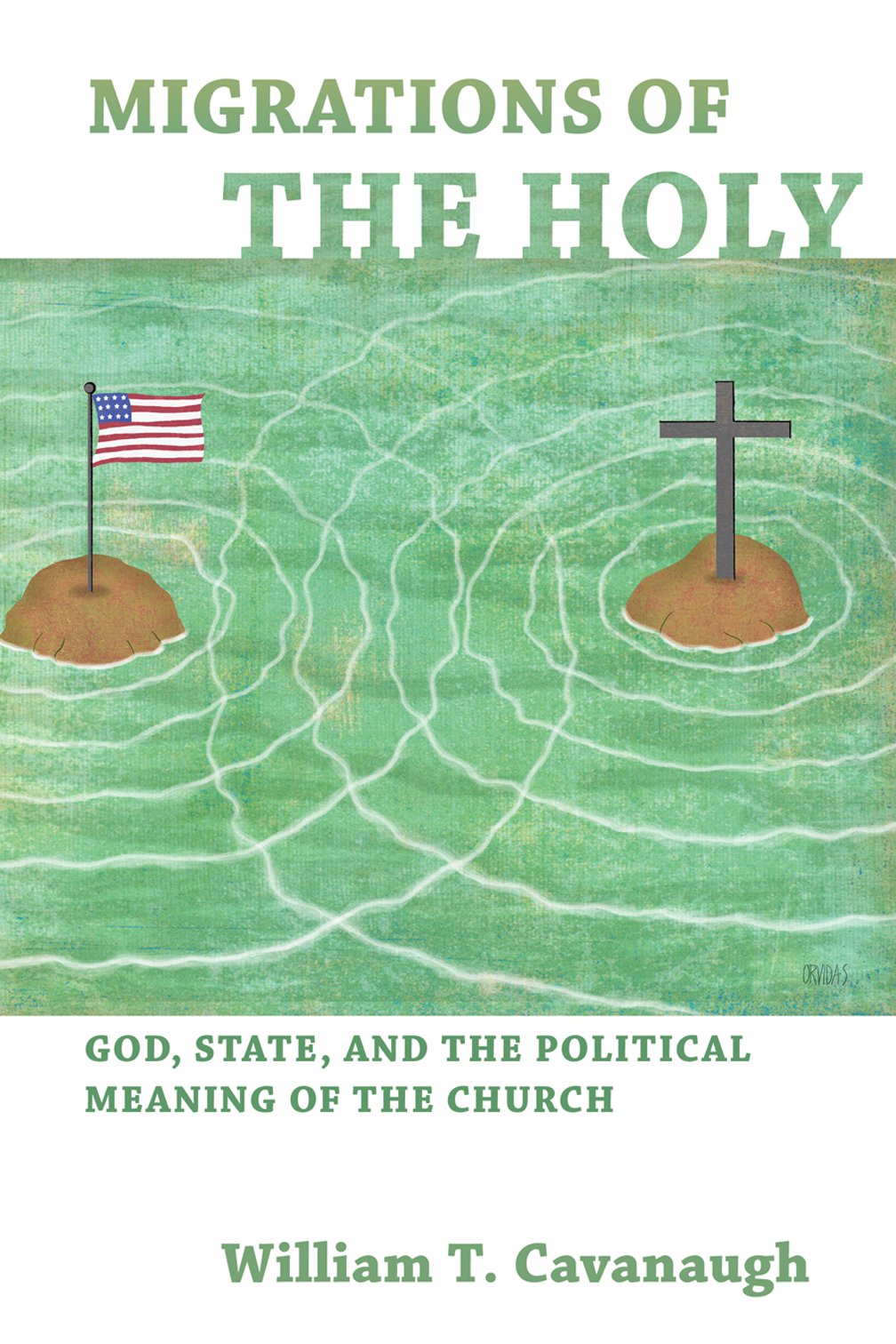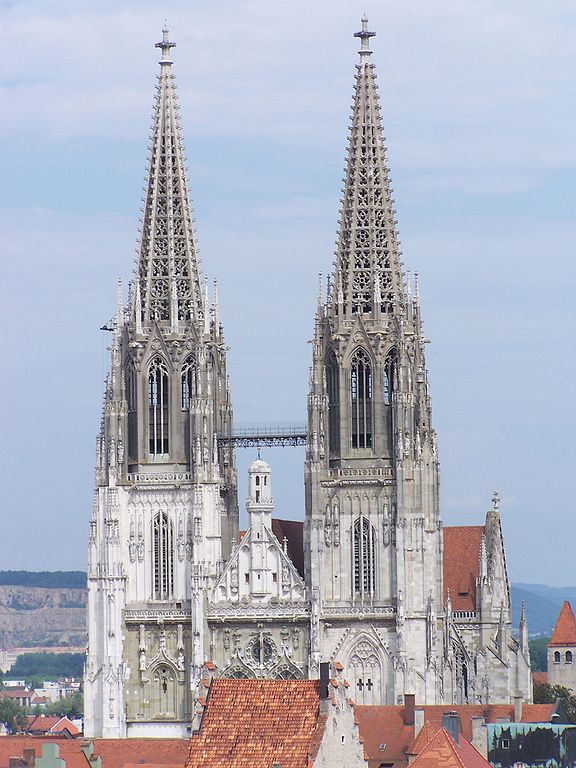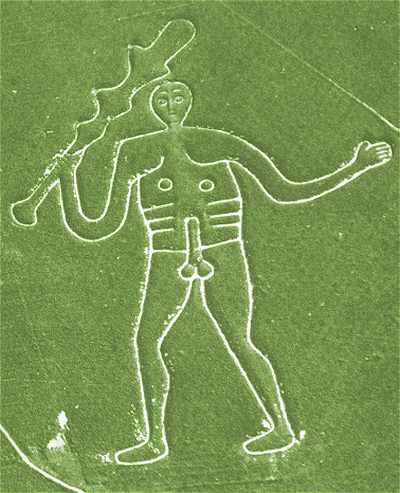What I love the best about the passage I’m going to quote at length below is how it goes against so many sane opinions. It should royally tick off the following groups: Baroque haters, techie nerds, entrepreneurs, Trent detractors, modernity boosting Neo-Cons, liberals who still believe in progress, detractors of modernity, some Protestants, Duns Scotus slanderers, and believers who lose their lid whenever they’re preached at by an atheist. “. . . During the same period, in response to the... Read more

